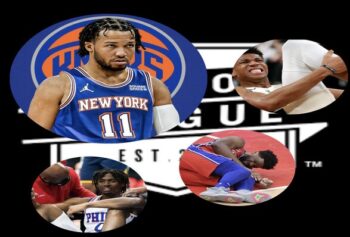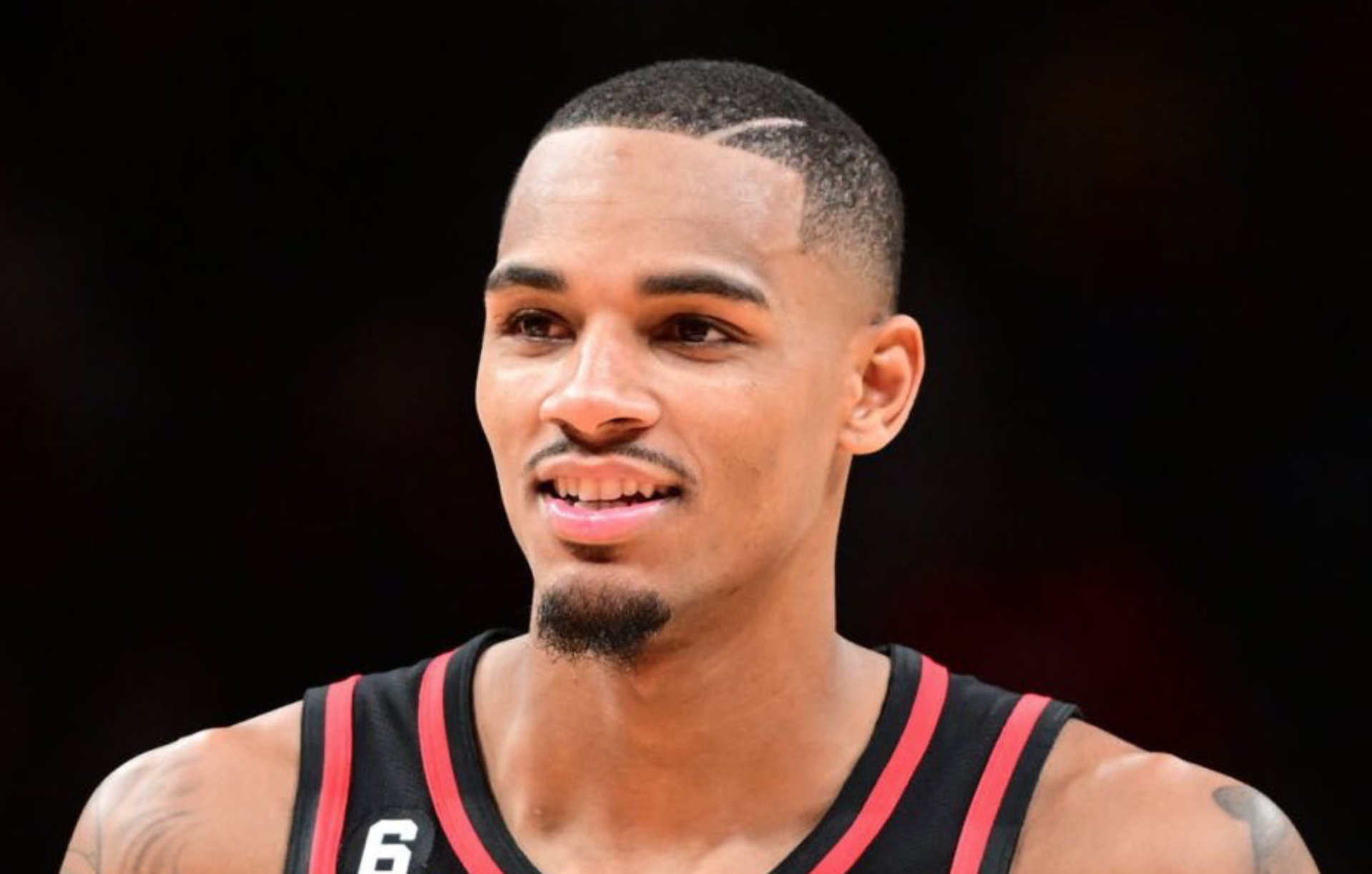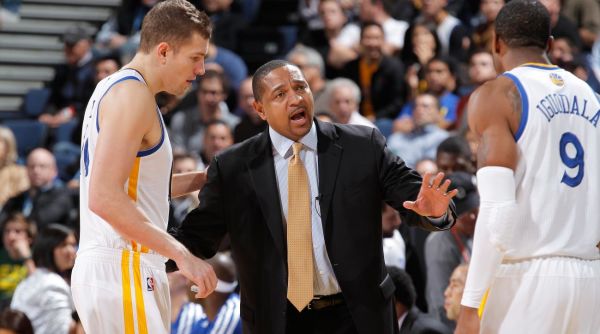Former NBA player Eddy Curry has had some unbelievable events occur during his life, with the balancing between the good and the bad. However, his trade from the Chicago Bulls to the New York Knicks back in 2005 due to the fear of potential heart issues exposed a more significant problem in the NBA and a precedent Curry didn’t want to start.
While Curry’s career hung in the balance, the situation evolved into one potentially affecting the livelihood of the NBA’s most valuable commodity: Black men.
The Bulls offered him $400K annually for 50 years if he took a DNA test that showed he was more likely to develop heart problems. However, Curry explained how his agent at the time showed him the negative precedent he would set for future Black players.
The 7-foot former McDonald’s All-American entered the NBA draft and was taken by the Chicago Bulls straight out of high school with the fourth overall pick in the 2001 NBA draft. After becoming a leading scorer on the Bulls, making the playoffs in the 2004-05 season, Curry was derailed after complaining of an irregular heartbeat.
“I was never short of breath; I was never faint, I felt completely normal. I just had this extra beat,” Curry said to VladTV. “I went straight to Rush Hospital in Chicago, and they had me scheduled to go inside my arteries through my groin to find out where it was from. When they were prepping me for the procedure, it just went away.”
The worst, heart arrhythmia, was suspected, causing Curry to miss the last 13 games of the regular season and the entire playoffs. Instead, he kept visiting hospitals from Los Angeles to Boston at the behest of the team.
However, even though doctors could not find an explanation for Curry’s symptoms, heart specialists cleared Curry to resume practicing with the team.
Still, Bulls GM John Paxson benched Curry for the rest of the season through the playoffs and asked Curry to take a DNA test to assess whether he has a congenital heart condition.
“Your heart is large because you’re a big guy and you’re an athlete, but it can also be large because it’s stuck like that, which could be a sign of HCM. The Bulls were like, let’s do a de-conditioning test; you need to sit still for 3-6 weeks and let my heart go back to normal size without exercising.
“That whole time, I had to wear a heart monitor and get MRI’s. They never found anything, my heart went back to normal size, but the Bulls were still not willing to let me play. They were like, ‘we want you to take a DNA test because we don’t know if maybe you can have heart disease or maybe eventually you can develop heart disease and we feel that with a DNA test we can rule that out. and if we can rule that out we will let you play.'”
https://twitter.com/student_shah_DO/status/1540964997739577345?s=20&t=iJ_YD60JtWtJv16O7vQVyg
Curry refused even at the payout of $400,000 a year for 50 years.
“I was going to take the DNA test, but I had signed with Leon Rose4, and he went and talked to some people and said, I don’t think you should do that; you could set a precedence that could affect some things negatively for a lot of African-Americans coming into the league.
“For them to test you to see if you can possibly develop heart disease, you possibly could because you’re African-American, and so could a lot of other African-Americans coming into the league. Then also, they were like if you test positive for it, they said they’d give $300,000 a year for the rest of my life or something like that.
“They did the math on it; the Bulls owed me for that next year in an option like $5.7 million or eight-point whatever, but they basically were going to put that money up and pay me interest off that money. That’s all they were doing. That didn’t sit well with me.”
At the time, Bulls Executive Vice President-Basketball Operations John Paxson spun it a bit differently, addressing reporters in 2005 during a Media Day.
“We put a proposal on the table to keep Eddy a couple of weeks ago. As part of that proposal, we asked Eddy to take the genetic test. And if he failed the genetic test, we were offering him basically what amounts to a lifetime annuity,” said Paxson.
“We were offering him $400,000 a year for 50 years of his life so that he would have an above-average lifestyle that would put him in a position most other people aren’t in. Our intention through that whole process was to show him that we did care about him and that we were concerned about his well-being.”
Curry says the team offered him the opportunity to find his own sign and trade scenario, which they would accept if the Bulls saw it favorably. Eventually, he signed with the New York Knicks during a time that he was building something special to him in Chicago.
“Because of that and because of all the things that this could mean to our team and everything like that, this evening, I’ve agreed to let Eddy go and trade him to New York,” Paxson said then. “There have been a lot of things that have been out there and said and implied about me and this organization; how we’ve tried to handle Eddy’s situation.
“And I take great offense at many of the points of views and angles that have been out there. A lot of people said we didn’t show the right concern for Eddy or that we were trying to devalue him. The bottom line is this: I would never put a player on the floor in a Chicago Bulls uniform if I didn’t think I had done everything in my power to find out all the information that was available to us.
“You can debate genetic testing until you’re blue in the face. But what I know and been told and what I’ve learned over the last six months is that the test could have helped us determine the best course of action. We went to far as to offer Eddy a opportunity to not only find out, but to live his life comfortably because that’s how much we cared about him.”
Eddy Curry has lived through many trying situations. Still, his position is at one time a decision about his heart that would have guaranteed him a lifetime check saved the jobs of many Black men who could have been canceled from basketball for the potential of a heart condition.



